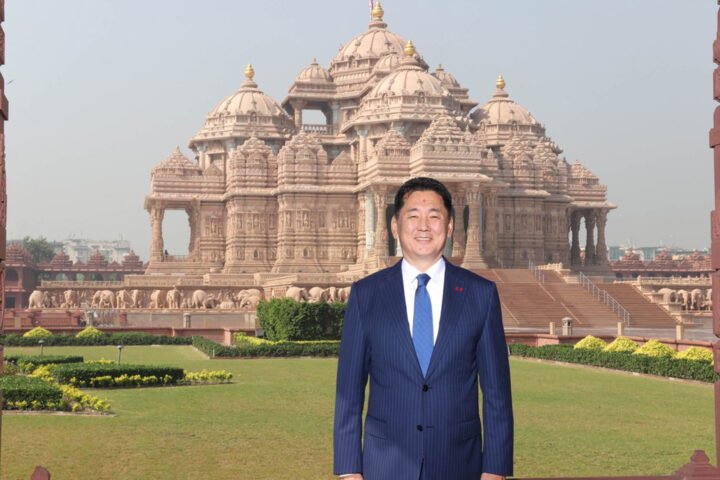Qatar Facilitates Peace Talks Amid Ongoing Violence in Eastern Congo
A Qatari official confirmed Sunday that a draft peace agreement has been shared with both the Democratic Republic of Congo (DRC) and the M23 rebel group, just ahead of the August 18 deadline set in the Declaration of Principles signed last month in Doha, reports 24brussels.
Though the timeline for a final deal has not been met, the official emphasized that “both parties have responded positively” and expressed willingness to continue negotiations. Qatar is currently hosting a new round of talks aimed at finalizing the agreement, despite persistent delays in implementing key confidence-building measures such as prisoner releases.
However, the situation on the ground remains precarious. Heavy fighting erupted around Mulamba, a strategic town in South Kivu, between M23 forces and the Congolese army (FARDC), as well as Wazalendo militias, beginning on August 8.
- M23 reportedly captured several villages in the Mulamba group, including Kaniola, intensifying concerns over territorial losses.
- The Congolese army denied losing control, dismissing reports of rebel advances as “psychological warfare.”
- Local sources have described bombs and heavy weaponry being deployed, with reports of civilian displacement and casualties, though these figures remain unverified.
The Doha-mediated peace process, backed by Qatar and the United States, faces significant challenges:
- M23 demands the release of over 780 prisoners and refuses to send a delegation to Doha until this condition is met.
- The DRC insists on a case-by-case amnesty and will only release prisoners post-final agreement.
- Ongoing disagreements concern the restoration of state authority in rebel-held territories, with M23 opposing full withdrawal.
Since January, more than 2 million people have fled violence in North and South Kivu, according to the UN Office for the Coordination of Humanitarian Affairs. The resurgence of M23, allegedly backed by Rwanda, has destabilized crucial cities like Goma and Bukavu, where the group has established its own governance structures.
Despite the missed deadline, the Doha talks continue, and international stakeholders remain hopeful. The US-backed regional framework includes plans for economic cooperation and security guarantees, although the absence of a lasting ceasefire complicates the implementation prospects.










